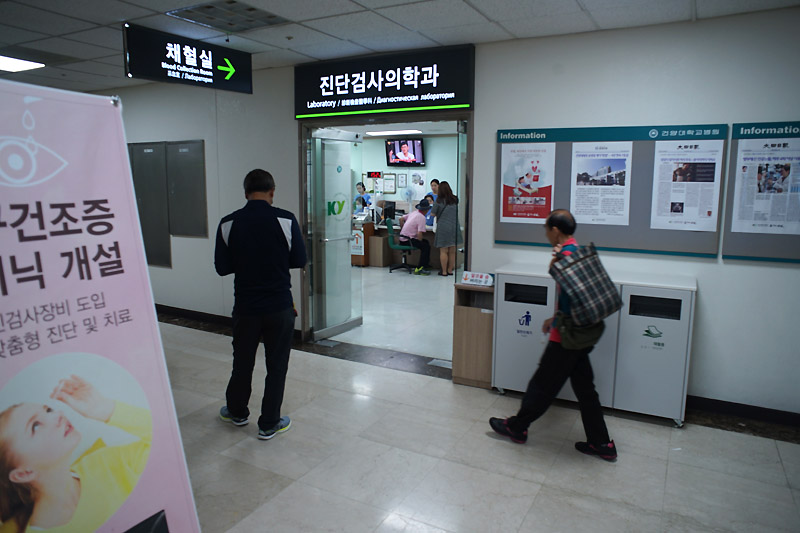The Peninsula
Telemedicine Remains Illegal in South Korea
Published May 15, 2020
Category: South Korea

This briefing comes from Korea View, a weekly newsletter published by the Korea Economic Institute. Korea View aims to cover developments that reveal trends on the Korean Peninsula but receive little attention in the United States. If you would like to sign up, please find the online form here.
What Happened
- To address the growing number of COVID-19 cases, the government temporarily adopted telemedicine in late February, which is banned by the Medical Service Act.
- The majority of patients were satisfied with the remote access to healthcare, while most healthcare providers characterized the service as “inconvenient.”
- Following the government’s announcement that it will revive the economy through digitalization, share prices of companies related to telemedicine skyrocketed.
- However, revision of the Medical Service Act to legalize telemedicine was not included in the government’s blueprint for Korean New Deal which was released on May 7.
Implications: Despite the government’s mobilization of new medical technologies during the height of the COVID-19 outbreak, interest groups have hindered the formal adoption of some novel approaches to public health. This contradicts South Korea’s international reputation as a technocratic state and a leader in telecommunication technology. There were expectations that the use of telemedicine to address the surge in coronavirus patients would create momentum for their full adoption. However, the government continues to only approve pilot projects as opposition from the medical community continues unabated.
Context: The medical community has lobbied against the adoption of doctor-to-patient remote medical treatment for the past two decades. Although South Korea has been conducting pilot tests with telemedicine since 2000, there have not been any procedural movements towards their legalization. A revision to the Medical Service Act that would allow remote treatment has been repeatedly voted down in the legislature due to strong push back from the medical community. While some medical professionals support the adoption of telemedicine, the Korea Medical Association (KMA), the country’s largest organization of medical doctors, appears unlikely to change its opposition.
Korea View was edited by Yong Kwon with the help of Gordon Henning, Soojin Hwang, Hyungim Jang, and Ingyeong Park.
Picture from flickr user YJ-Lee
